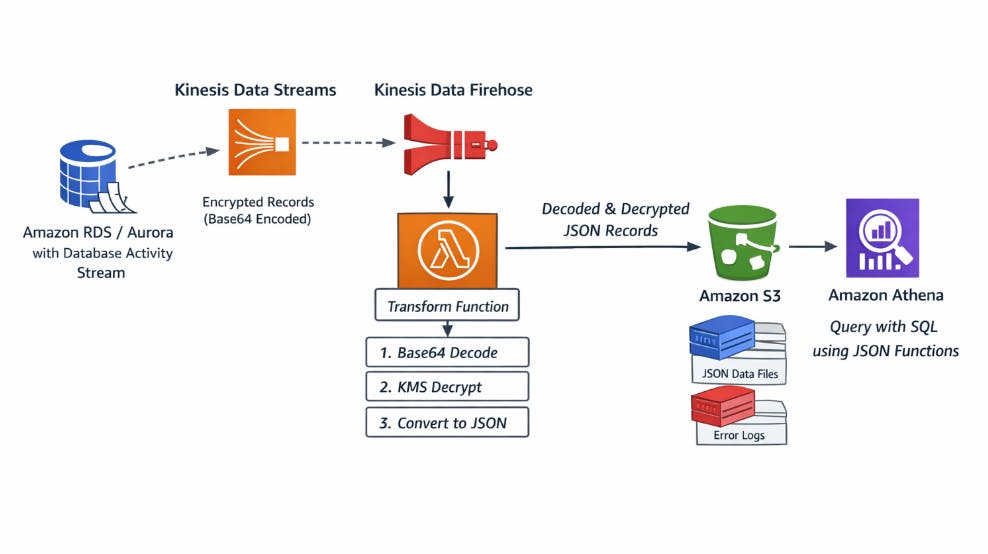Scientists are trying a revolutionary new approach to treat rheumatoid arthritis, multiple sclerosis, lupus and other devastating autoimmune diseases — by reprogramming patients’ out-of-whack immune systems.
When your body’s immune cells attack you instead of protecting you, today’s treatments tamp down the friendly fire but they don’t fix what’s causing it. Patients face a lifetime of pricey pills, shots or infusions with some serious side effects — and too often the drugs aren’t enough to keep their disease in check.
“We’re entering a new era,” said Dr. Maximilian Konig, a rheumatologist at Johns Hopkins University who’s studying some of the possible new treatments. They offer “the chance to control disease in a way we’ve never seen before.”
How? Researchers are altering dysfunctional immune systems, not just suppressing them, in a variety of ways that aim to be more potent and more precise than current therapies.
They’re highly experimental and, because of potential side effects, so far largely restricted to patients who’ve exhausted today’s treatments. But people entering early-stage studies are grasping for hope.
“What the heck is wrong with my body?” Mileydy Gonzalez, 35, of New York remembers crying, frustrated that nothing was helping her daily lupus pain.
Diagnosed at 24, her disease was worsening, attacking her lungs and kidneys. Gonzalez had trouble breathing, needed help to stand and walk and couldn’t pick up her 3-year-old son when last July, her doctor at NYU Langone Health suggested the hospital’s study using a treatment adapted from cancer.
Gonzalez had never heard of that CAR-T therapy but decided, “I’m going to trust you.” Over several months, she slowly regained energy and strength.
“I can actually run, I can chase my kid,” said Gonzalez, who now is pain- and pill-free. “I had forgotten what it was to be me.”
CAR-T was developed to wipe out hard-to-treat blood cancers. But the cells that go bad in leukemias and lymphomas — immune cells called B cells — go awry in a different way in many autoimmune diseases.
Some U.S. studies in mice suggested CAR-T therapy might help those diseases. Then in Germany, Dr. Georg Schett at the University of Erlangen-Nuremberg tried it with a severely ill young woman who had failed other lupus treatment. After one infusion, she’s been in remission — with no other medicine — since March 2021.
Last month, Schett told a meeting of the American College of Rheumatology how his team gradually treated a few dozen more patients, with additional diseases such as myositis and scleroderma — and few relapses so far.
Those early results were “shocking,” Hopkins’ Konig recalled.
They led to an explosion of clinical trials testing CAR-T therapy in the U.S. and abroad for a growing list of autoimmune diseases.
How it works: Immune soldiers called T cells are filtered out of a patient’s blood and sent to a lab, where they’re programmed to destroy their B cell relatives. After some chemotherapy to wipe out additional immune cells, millions of copies of those “living drugs” are infused back into the patient.
While autoimmune drugs can target certain B cells, experts say they can’t get rid of those hidden deep in the body. CAR-T therapy targets both the problem B cells and healthy ones that might eventually run amok. Schett theorizes that the deep depletion reboots the immune system so when new B cells eventually form, they’re healthy.
CAR-T is grueling, time consuming and costly, in part because it is customized. A CAR-T cancer treatment can cost $500,000. Now some companies are testing off-the-shelf versions, made in advance using cells from healthy donors.
Another approach uses “peacekeeper” cells at the center of this year’s Nobel Prize. Regulatory T cells are a rare subset of T cells that tamp down inflammation and help hold back other cells that mistakenly attack healthy tissue. Some biotech companies are engineering cells from patients with rheumatoid arthritis and other diseases not to attack, like CAR-T does, but to calm autoimmune reactions.
Scientists also are repurposing another cancer treatment, drugs called T cell engagers, that don’t require custom engineering. These lab-made antibodies act like a matchmaker. They redirect the body’s existing T cells to target antibody-producing B cells, said Erlangen’s Dr. Ricardo Grieshaber-Bouyer, who works with Schett and also studies possible alternatives to CAR-T.
Last month, Grieshaber-Bouyer reported giving a course of one such drug, teclistamab, to 10 patients with a variety of diseases including Sjögren’s, myositis and systemic sclerosis. All but one improved significantly and six went into drug-free remission.
Rather than wiping out swaths of the immune system, Hopkins’ Konig aims to get more precise, targeting “only that very small population of rogue cells that really causes the damage.”
B cells have identifiers, like biological barcodes, showing they can produce faulty antibodies, Konig said. Researchers in his lab are trying to engineer T cell engagers that would only mark “bad” B cells for destruction, leaving healthy ones in place to fight infection.
Nearby in another Hopkins lab, biomedical engineer Jordan Green is crafting a way for the immune system to reprogram itself with the help of instructions delivered by messenger RNA, or mRNA, the genetic code used in COVID-19 vaccines.
In Green’s lab, a computer screen shines with brightly colored dots that resemble a galaxy. It’s a biological map that shows insulin-producing cells in the pancreas of a mouse. Red marks rogue T cells that destroy insulin production. Yellow indicates those peacemaker regulatory T cells — and they’re outnumbered.
Green’s team aims to use that mRNA to instruct certain immune “generals” to curb the bad T cells and send in more peacemakers. They package the mRNA in biodegradable nanoparticles that can be injected like a drug. When the right immune cells get the messages, the hope is they’d “divide, divide, divide and make a whole army of healthy cells that then help treat the disease,” Green said.
The researchers will know it’s working if that galaxy-like map shows less red and more yellow. Studies in people are still a few years away.
A drug for Type 1 diabetes “is forging the path,” said Dr. Kevin Deane at the University of Colorado Anshutz.
Type 1 diabetes develops gradually, and blood tests can spot people who are brewing it. A course of the drug teplizumab is approved to delay the first symptoms, modulating rogue T cells and prolonging insulin production.
Deane studies rheumatoid arthritis and hopes to find a similar way to block the joint-destroying disease.
About 30% of people with a certain self-reactive antibody in their blood will eventually develop RA. A new study tracked some of those people for seven years, mapping immune changes leading to the disease long before joints become swollen or painful.
Those changes are potential drug targets, Deane said. While researchers hunt possible compounds to test, he’s leading another study called StopRA: National to find and learn from more at-risk people.
On all these fronts, there’s a tremendous amount of research left to do — and no guarantees. There are questions about CAR-T’s safety and how long its effects last, but it is furthest along in testing.
Allie Rubin, 60, of Boca Raton, Florida, spent three decades battling lupus, including scary hospitalizations when it attacked her spinal cord. But she qualified for CAR-T when she also developed lymphoma — and while a serious side effect delayed her recovery, next month will mark two years without a sign of either cancer or lupus.
“I just remember I woke up one day and thought, ‘Oh my god, I don’t feel sick anymore,’” she said.
That kind of result has researchers optimistic.
“We’ve never been closer to getting to — and we don’t like to say it — a potential cure,” said Hopkins’ Konig. “I think the next 10 years will dramatically change our field forever.”
—-
The Associated Press Health and Science Department receives support from the Howard Hughes Medical Institute’s Department of Science Education and the Robert Wood Johnson Foundation. The AP is solely responsible for all content.






